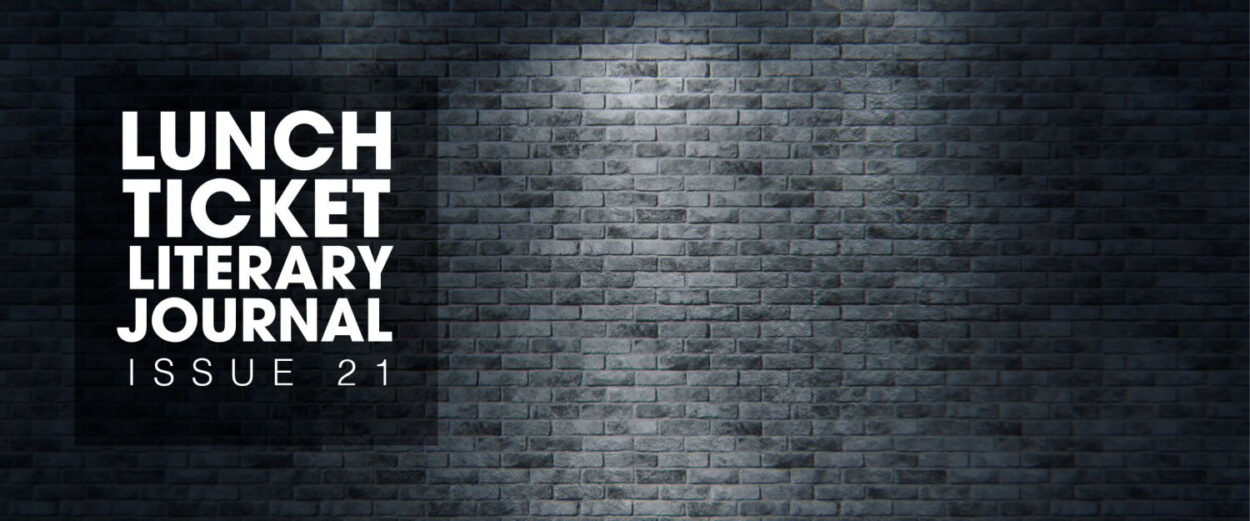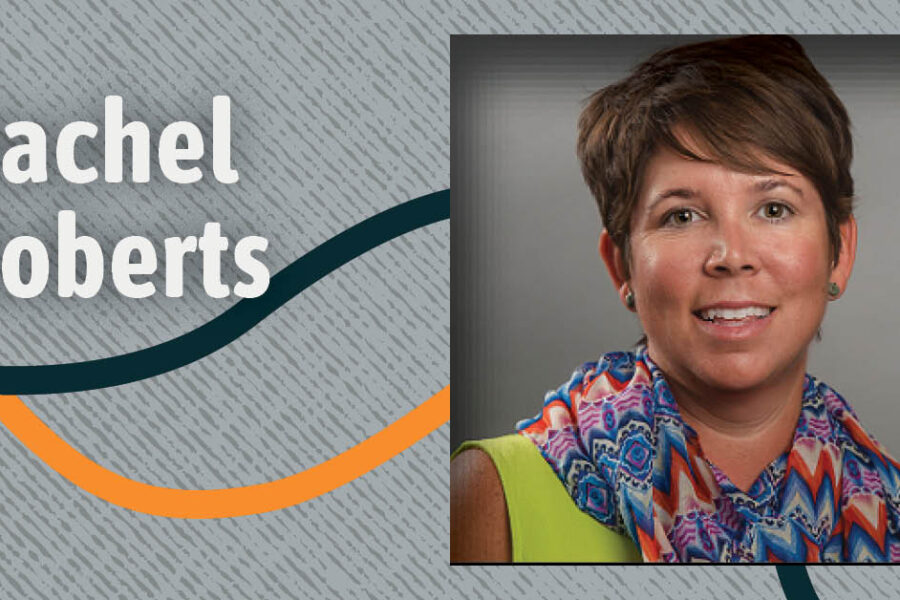Lunch Ticket, the literary and art journal from Antioch’s low-residency MFA in Creative Writing community, published its 21st issue with work from writers, artists, and translators from all over the world. These pieces embody Lunch Ticket’s mission, to balance cutting-edge literary and visual art with conversations about social justice and community activism.
“The artists we highlight in this issue of Lunch Ticket have shared beautiful, poignant work, each piece entirely different from the next,” says Barbara Platts, the editor-in-chief of Lunch Ticket. “The variety speaks not only to the eclectic world we inhabit but to the power of the human spirit in trying times.”
Pieces featured include an interview with the 2022 Pulitzer Prize in poetry winner Diane Seuss, a digital photography series by writer and filmmaker Pawel Grajnert, and a young adult piece by author and social worker Kristin Bartley Lenz. Contemporary artist Peter Bardazzi also contributed a series of paintings for the journal’s Amuse-Bouche section.
Lunch Ticket serves as the host of two literary awards in each issue. For the 21st issue, the winner of the Diana Woods Memorial Award, which was judged by author and journalist Meredith Talusan, is “The Girl with the Turquoise Eye-Shadow,” by Nimisha Kantharia. The winner of the Gabo Prize for Literature in Translation & Multilingual Texts, which was judged by poet and translator Alana Marie Levinson LaBrosse, is “Seven Poems by Humberto Ak’abal,” translated by Michael Bazzett.
“I hope, as you read through these pieces, you are reminded that, despite the challenges we face in the world, we’re not alone,” Platts says. “We will continue to try and make sense of this world together.”
Established in 2012, Lunch Ticket strives to balance cutting-edge literary and visual art with conversations about social justice and community activism. The journal publishes interviews, personal essays, and craft annotations alongside the best in creative nonfiction, fiction, flash prose, literary translation, poetry, visual art, and writing for young people by new, emerging, and established writers.
The name Lunch Ticket pays homage to Antioch University’s historic focus on issues that affect the working class and underserved communities. The journal publishes writers and artists who have been marginalized and underrepresented or historically misrepresented and welcomes work that engages with issues of social, economic, and environmental justice. Lunch Ticket looks to foster community and build a future with equity in publishing.





